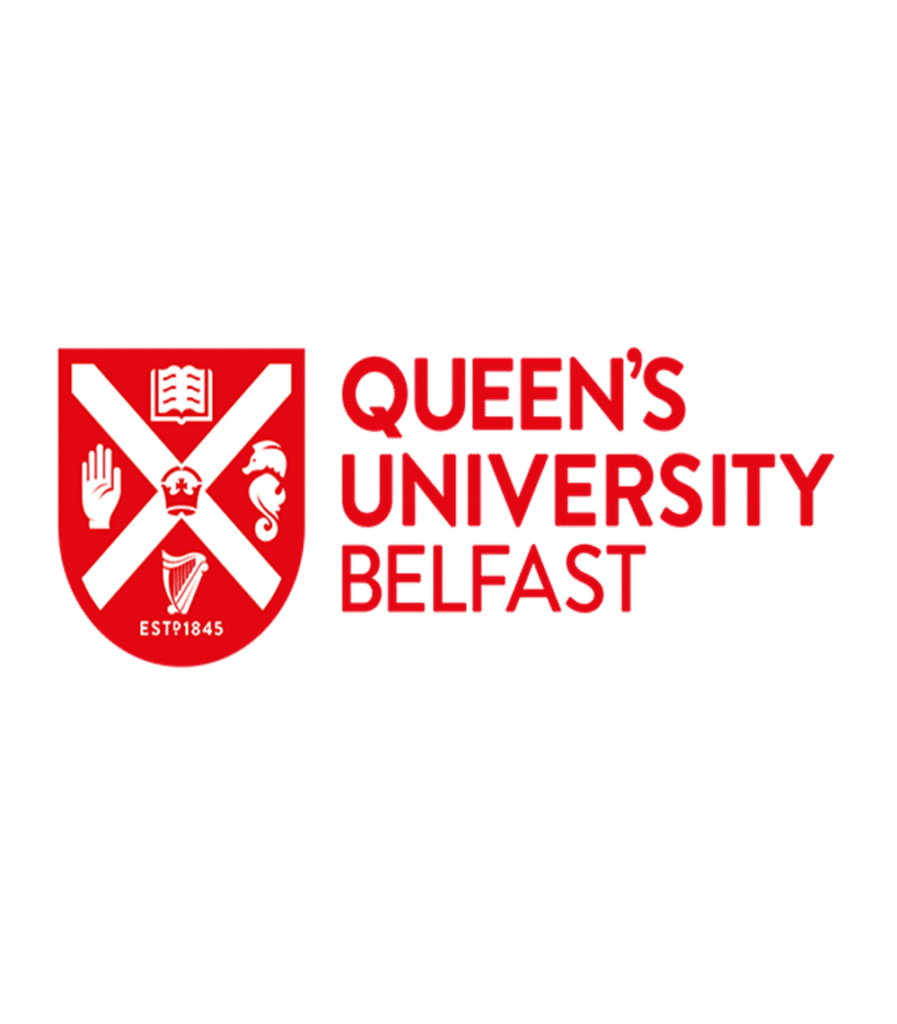Margaret Thatcher Conference!


Opposition to Thatcher – An Interdisciplinary Conference. Friday 14 November 2025 – Microsoft Teams
Please join us for what is sure to be a fantastic and enlightening academic conference. Organised by QUB History PhD Candidates Peter Farrelly and Ciara Nicholson, this conference seeks to explore the multifaceted and enduring legacies of opposition to Margaret Thatcher’s transformative and often contentious premiership (1979-1990). Her time in office witnessed significant social, economic, and political upheaval, sparking widespread and diverse forms of resistance. This interdisciplinary gathering aims to revisit, re-evaluate, and reimagine the myriad ways in which individuals, groups, and institutions challenged Thatcherite policies and ideologies. The conference will consist of a specialist key note speaker alongside other notable speakers delivering papers on a variety of topics.

Topics covered include but not limited to:
Thatcherism.
Poll Tax.
Miners and Trade Unions.
Privatization.
Northern Ireland.
European Union.
John Hume MP etc.
Please sign up for the conference by filling out the following link: https://forms.cloud.microsoft/e/WFugaYiSyh
Schedule:
9:15am – 9:30am:
Professor Paul Corthorn, Queen’s University Belfast, Introductory remarks.
9:30am – 10:30am:
Keynote speaker:
Dr Amy Edwards, Senior Lecturer in Modern British History (University of Bristol).
Begrudging bedfellows and oppositional allies: Thatcherism and the limits of Popular Capitalism
10:30am – 11:00am:
Amy Maria Butler, History PhD Candidate at Queen’s University Belfast.
The Battle for Inquiry: From Northern Ireland to Orgreave.
11:00am – 11:30am:
Dr Steven Daniels, Lecturer in Politics, Edge Hill University.
After the Strike: The Decline of the National Union of Mineworkers, c.1985-1994.
11:30am – 11:45am: 15-minute break
11:45am – 12:15pm:
Andrew Bradstock, Emeritus Professor, University of Winchester.
‘A Loyal Opposition’: The Church of England and the Thatcher years.
12:15pm – 12:45pm:
Dr. Christopher Massey, Principal Lecturer (Learning & Teaching) and Political Historian – Teesside University.
‘Labour’s response to Thatcher: The Policy Review (1987-92)’.
12:45pm – 1:15pm:
Dr David Magalháes, Tenured Assistant Professor at the Faculty of Law of the University of Coimbra, Portugal.
Welfare State, taxation and devolution. The opposition of the Church of Scotland to Thatcherism.
1:15pm – 1:45pm:
Peter Farrelly, History PhD Candidate at Queen’s University Belfast.
The Tory Titanic: Civil Society’s opposition to the Poll Tax.
1:45pm – 2:15pm: 30-minute lunch break
2:15pm – 2:45pm:
David Phillips, Department of the Environment 1970-92; Nuffield Fellowship 1976-77; Cambridgeshire County Council 1979-81; London Borough of Hackney councillor (including Chair of Education) 1994-2002.
Local Government Opposition to the Thatcher Administration.
2:45pm – 3:15pm:
Dr Suzanne Jobling, Recent History PhD Graduate from Queen’s University Belfast.
‘A Fresh Look at Maternity Benefits’?: The Challenge of Maternity Rights in the 1980s.
3:15pm – 3:45pm:
Soumyaseema Mandal, First-year PhD student at Royal Holloway, University of London & Ansh (Qabeer) Sharma, Research Fellow at the Centre for Studies in Gender and Sexuality, Ashoka University.
Solidarity through Sexuality: Unravelling the cross-movement solidarities that emerged in resistance to Section 28.
3:45pm – 4:15pm:
Nimesha Ekanayaka, Master’s Candidate, School of History and Culture, Southwest University, China.
Thatcherism and the War of Ideas: Confucian Political Thought and the Crisis of Moral Authority.
4:15pm – 4:45pm:
Peter Hanley, History PhD Candidate at Queen’s University Belfast.
New Labour’s New Deals and ‘Thatcherite’ political economy: an archival analysis.
4:45pm – 5:15pm:
Ciara Nicholson, History PhD Candidate at Queen’s University Belfast.
‘A means of escaping the suffocating policies of Thatcherism’: John Hume’s opposition to Margaret Thatcher via the European Parliament.
5:15pm – 5:45pm:
Sydney Radford, History PhD Candidate at Institute of Histoical Research.
‘She appears to embody all the stereotypically ‘male’ ‘qualities’ and none of the traditionally female ones’: gendered depictions of Margaret Thatcher in the work of Peter Fluck and Rodger Law.
5:45pm – 6.00m: Closing Remarks and Acknowledgments
